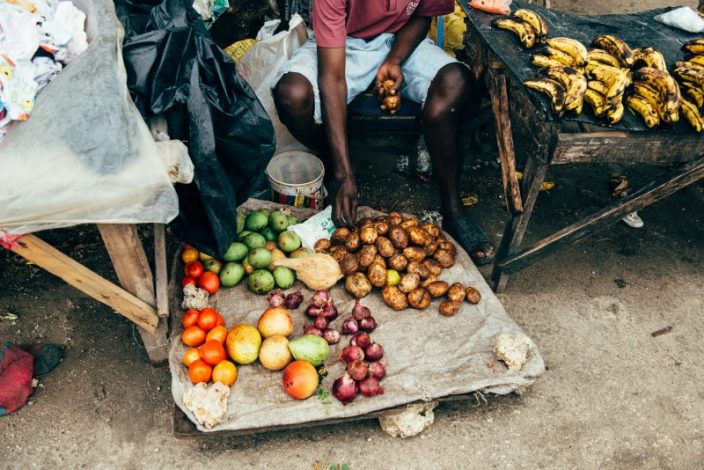This content has been archived. It may no longer be relevant
There is a looming food shortage within the East African region as more than 80 per cent of its populations are worried about food supplies as countries focus on the Coronavirus pandemic.
Findings from a survey conducted by Geopoll on 4,500 respondents in 12 African countries show that 80 per cent of respondents reported that within the last 7 days they were worried they would not have enough food to eat due to lack of money or other resources.
“This figure was highest in the DRC (88%), Rwanda (87%) Kenya (86%) and Uganda (86%),” according to the Geopoll survey.
GeopPoll Chief executive Nicholas Becker observed that a health crisis such as coronavirus hitting vulnerable populations could have devastating effects on development, food supplies and resources.
“Reliable data is needed to accurately track on-the-ground situations, and using our remote mobile methodologies GeoPoll was able to gather valuable information quickly and safely,” said Becker.
The United Nations’ Food and Agriculture Organization (FAO) has already raised the alarm.
FAO says vulnerable groups who include small-scale farmers, pastoralists, and fishers who might be hindered from working their land, caring for their livestock, or fishing. They will also face challenges accessing markets to sell their products or buy essential inputs, or struggle due to higher food prices and limited purchasing power.
“We risk a looming food crisis unless measures are taken fast to protect the most vulnerable, keep global food supply chains alive and mitigate the pandemic’s impacts across the food system,” said FAO.
Within the region, Rwanda and Uganda are under nationwide lockdown measures, while Kenya and DRC are experiencing partial lockdowns in targeted areas.
In Kenya, the government introduced a dusk-to-dawn curfew and banned travel in and out of Nairobi, Mombasa, Kilifi and Kwale counties where a majority of the cases have been reported.
The number of Coronavirus cases in Kenya rose to 234 after nine more patients tested positive on Thursday. The total number of deaths reported is 11 while 53 recovered patients have been discharged.
Geopoll data indicates that this has resulted in only 20% overall saying that all of the markets or stores where they usually purchase food are open, with the largest group, 36% reporting that some markets are open.
Overall, 63 per cent for all people polled in the 12 countries feel they are at risk of contracting the virus.
The outbreak has led to change in people’s purchasing patterns. The poll shows that 60 per cent of the respondents were shopping less for food and 69 per cent purchasing less non-essential goods.
To respond to the situation, for instance, Kenya has established a COVID-19 Emergency Response Fund to ensure that donations, especially food and non-cash items, are distributed in a safe and responsive manner.
President Uhuru Kenyatta announced the release of 8.5 billion shillings to the elderly and vulnerable individuals under the Cash Transfer Programme run by the Ministry of Labour, for the months ahead.




